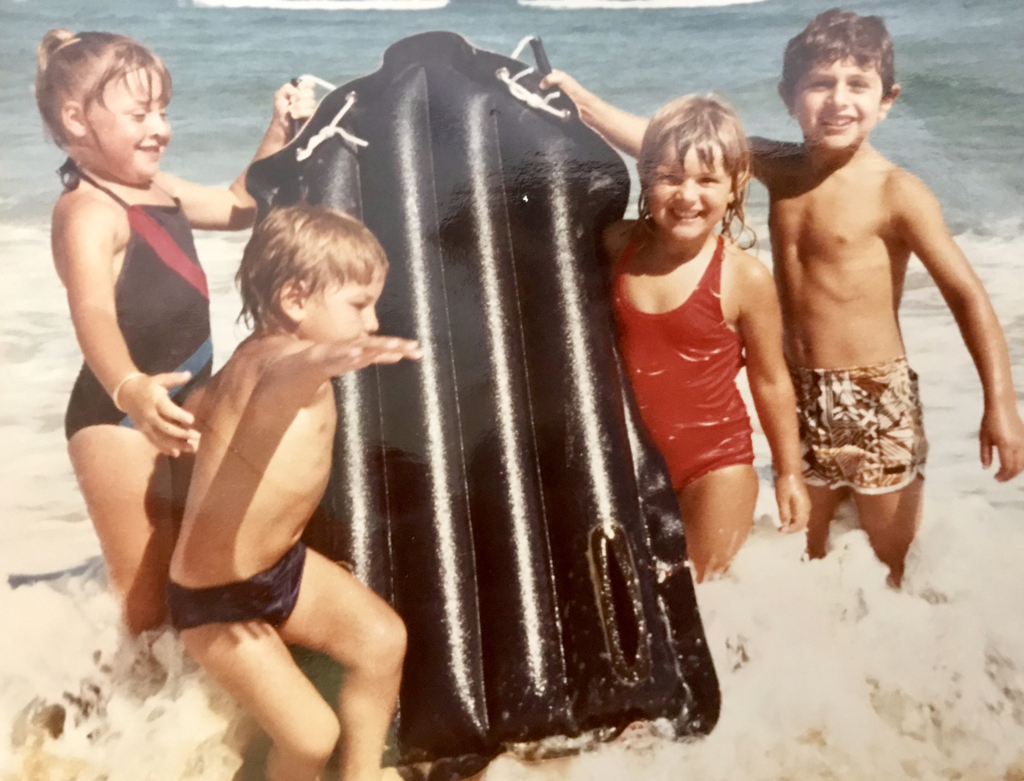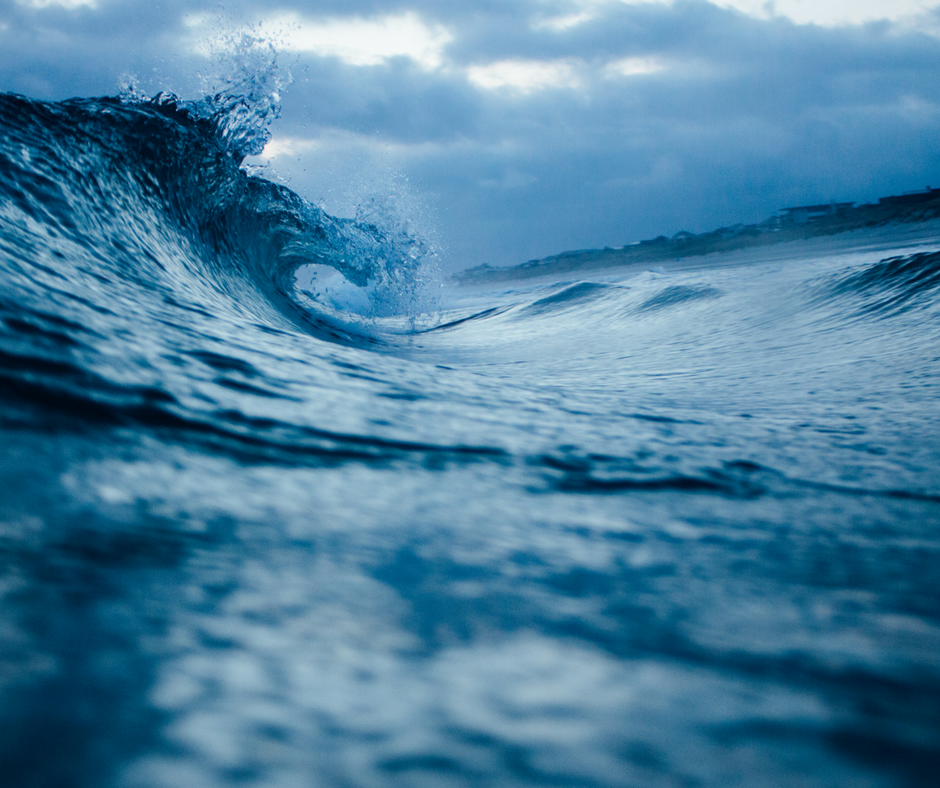From our ancestors who navigated the oceans to discover new territories, to the man who goes fishing but never catches a thing, to the woman who just likes to sit and look but is fearful because she can’t swim - humans the world over are drawn to the ocean. Whether you are fearful of the ocean, or comfortable in its presence, there’s something about the ocean that draws us closer and fascinates us. It’s ability to ‘fix us’ on some level; to refresh, rejuvenate, inspire and relax us. The ocean’s combination of sound and smell and it’s effect on our brain has been dubbed by scientists as ‘Blue Space’. Its power to remove anxiety and stress is truly remarkable. But why are we so captivated? What is the deeper meaning behind our love and admiration for the sea? Firstly, water is life. Water makes up 72% of the earth’s surface and over 70% of our body. Even as we age, our brain continues to be made up of 80% water. Half of the oxygen we breath is produced by sea plants, and the oceans also help to absorb the carbon emissions we create. Through the ocean, we are all connected to the creation and evolution of life. The first life forms came from the ocean - single cell micro organisms that evolved into creatures of the deep that went from swimming, to crawling, and then to walking. As children, we all spent our first nine months in water - our mother’s womb. A place that was our sanctuary before birth. And as adults, we are once again innately drawn to water to be healed and restored when life gets a bit tough So, as I reflect on why I love the ocean so much, I also imagine an earth without oceans. While the oceans will get on fine without us (hell, they’ll probably be cheering that we’re gone); we simply cannot exist without them. They are our climate regulator, our food supply, our lungs and our therapists. We are connected to each other more deeply than we humans care to realise. The actions of more than seven billion people are now impacting the health of the oceans like never before. Plastic pollution, carbon pollution, over-fishing and unsustainable tourism is killing the very thing we need most. We have taken the oceans for granted. Surely it’s now time to give back? Join us in saving our oceans and take the pledge to:
2 Comments
|
|


